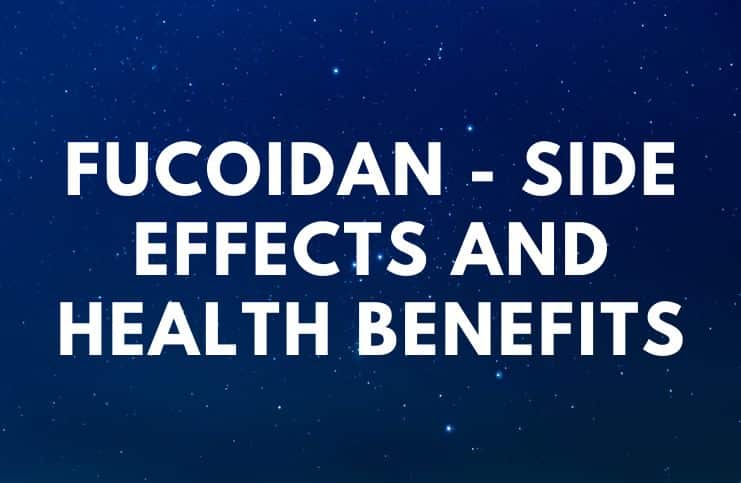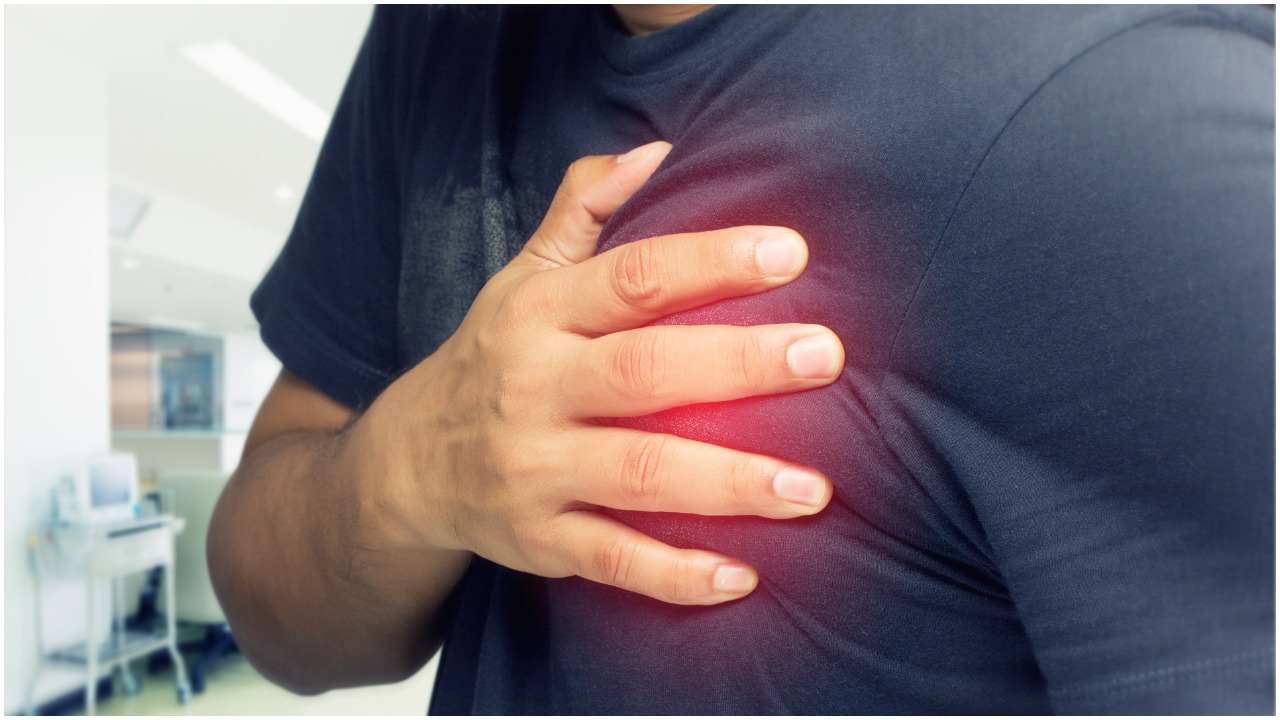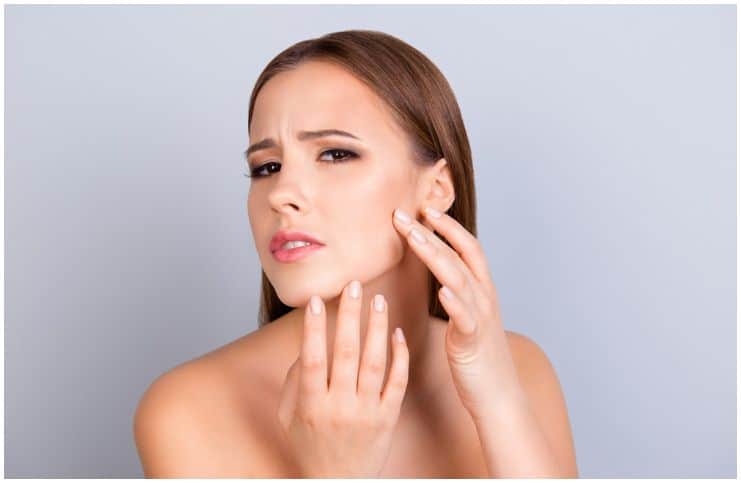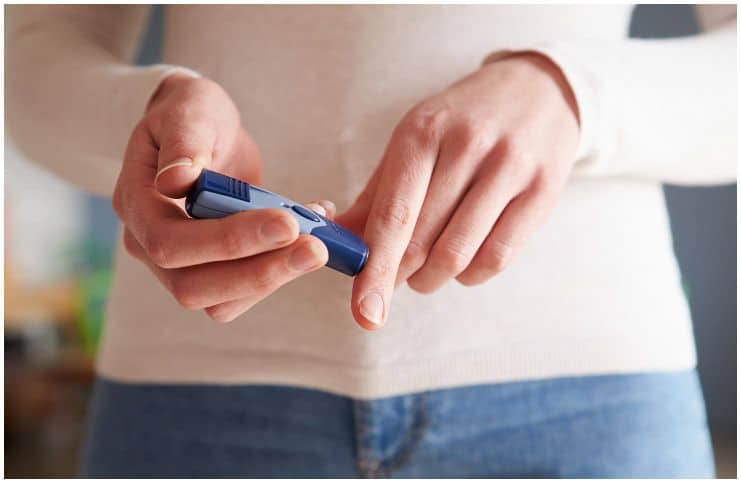Fucoidan is a sulfated polysaccharide derived from various species of brown seaweed and brown algae, such as – kombu (Saccharina japonica), mozuku (kelp), bladderwrack (Fucus vesiculosus), hijiki, or wakame (mekabu).
Seaweeds containing this compound have traditionally been consumed in places like Hawaii, Okinawa, and Tonga, locations known for the exceptional longevity and health of their populations.
Furthermore, the Chinese have referred to it as “Virgin Mother’s Milk” for centuries because it contains similar properties as breast milk.
Health Benefits
Their medicinal characteristics have been especially documented in Asian cultures, where seaweeds have been consumed for their remarkable health-boosting functions.
Cancer
Cancer is the second cause of morbidity and mortality in the U.S. For instance, between 1980 and 2014, there were 19,511,910 deaths from cancer documented in the U.S.
The anti-cancer properties of this supplement are well proven and have been the target of many scientific studies. It is considered that it causes apoptosis (programmed cell death) to cancer cells and shrinks tumors.
In addition, it suppresses cancer cell growth while leaving healthy cells intact. Also, it stimulates natural killer cells by regulating AP-I (activator protein-1) involved in the spreading of cancer cells, or cellular proliferation.
According to a 2011 study published in the International Journal of Biological Macromolecules, scientists concluded that this supplement improved the activity of white blood cells (the natural killer cells) and killed lung cancer cells. Moreover, another 2011 study published in Phytotherapy Research established that the supplement caused the programmed death of cancer cells.
Cardiovascular disease
According to the AHA – American Heart Association, cardiovascular disease is still the main cause of death in the United States. For instance, in 2014, 807,775 U.S. citizens died from cardiovascular disease and currently, more than 92 million adults have cardiovascular disease.
A study in obese patients concluded that ingesting this supplement over a sustained period may decrease diastolic blood pressure (represents the pressure in the arteries when the heart rests between beats).
Lowers LDL cholesterol
When there is too much LDL (low-density lipoprotein) cholesterol in your blood, it builds up in the walls of your arteries, which may lead to atherosclerosis, a type of serious heart disease. Numerous studies suggest that this supplement can help keep LDL (bad cholesterol) levels within the ideal ranges.
Skin health
The active substances in this supplement protect the skin from UV radiation and promote the production of heparin-binding polypeptide HGF (hepatocellular growth factor), which regulates cell motility, cell growth, and morphogenesis within the human organism.
Liver protection
Hepatic steatosis, better known as fatty liver, is the most frequent liver disorder in Western countries. According to a recent study, this supplement is a highly effective inhibitor of liver fibrosis (the first stage of liver scarring).
Type 2 diabetes
Type 2 diabetes is a condition that affects the way your body assimilates glucose (a simple sugar) in your blood.
According to the latest information, type 2 diabetes affects approximately 29 million Americans and 422 million individuals worldwide.
Clinical studies have demonstrated that this supplement can slow down the release of glucose into the blood.
Weight loss
This supplement offers a therapeutic aid to reduce or control obesity due to bioactive substances which are similar to phytochemicals.
Additionally, it appears to increase levels of many different anti-fat factors, improving the breakdown of fat cells.
Note – many of the possible health benefits of this supplement listed above are based on in vivo or in vitro in mice studies. However, the outcomes of these studies don’t always translate into comparable results in vivo (it refers to experimentation using a living organism) in humans.
Side effects of fucoidan extract
Don’t use this supplement if you are on a blood-thinning medication (heparin or warfarin) because of its anticoagulant functions.
Brown seaweed can contain possibly unsafe levels of toxic compounds, such as arsenic, which the seaweed absorbs from a polluted water environment. When you consume this supplement in large amounts, it may lead to poisoning.
In addition, following the Fukushima disaster, the nuclear reactor meltdowns caused releases of radioactivity into water that lead to contaminated seaweeds. Even 5 years after the accident, scientists continue to find small amounts of radioactive material along the West Coast of North America.
Moreover, according to a 2003 study published in the journal Endocrine Practice, this supplement may increase your risk for thyroid disease (abnormal production of thyroid hormones). In the study, healthy individuals who took kelp capsules showed increased levels of thyroid hormone. However, hormone levels returned to normal within 2 weeks of stopping the supplements.
Individuals who are allergic to soy products should not consume this supplement. Common allergy symptoms include – post-nasal drip, runny nose, swollen eyelids, sneezing, sore throat, itchy eyes, headaches, itchy mouth, partial loss of taste, dry cough, fatigue, facial pain, or dark circles under the eyes.
References https://www.ncbi.nlm.nih.gov/pubmed/20834144 http://www.e-algae.org/journal/view.php?number=2520 https://www.omicsonline.org/ http://www.nature.com/articles/srep24202 https://www.ncbi.nlm.nih.gov/pubmed/22326809







